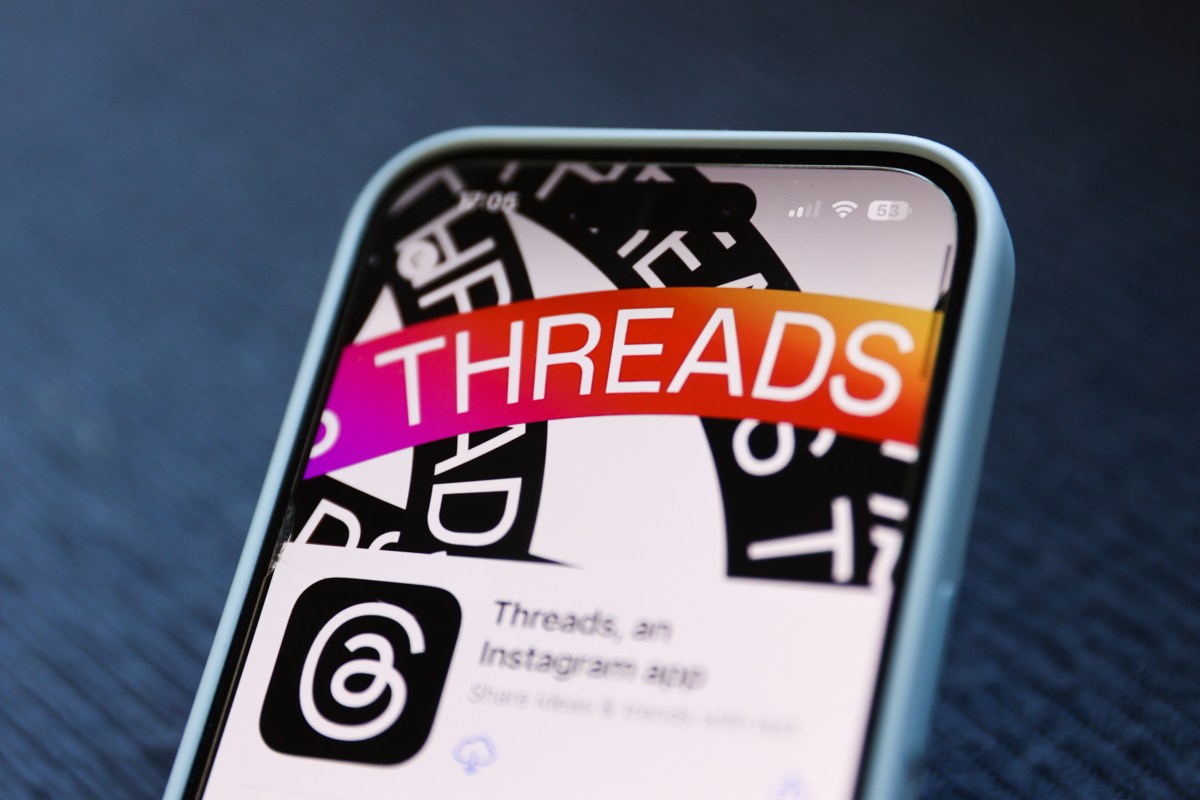Earlier in the week, Instagram’s Threads introduced its most highly sought-after feature to date: direct messages (DMs). Nevertheless, the company is currently facing a backlash from users, primarily women, who are advocating for the option to entirely opt out of DMs due to concerns about harassment.
Although DMs are a standard feature on other social networking platforms similar to Threads, such as X, Bluesky, Mastodon, and others, some users of Threads had appreciated the fact that this feature was not previously available.
“I don’t want to receive DMs. Is there a way to disable this feature? I’m asking on behalf of all women,” a Threads user posted on the platform.
Another user commented, “Great, more ways for women to get harassed online.”
A third user chimed in, saying, “Congratulations on adding a feature that only stalkers were interested in.”
Many users responded to the announcement about DMs, which was shared on Threads by Instagram’s head, Adam Mosseri. Across numerous posts, some users expressed that they did not want DMs or stated that “nobody asked for this.” One user referenced a poll with thousands of votes where Threads users indicated that they overwhelmingly preferred not to have a DM feature. Several users asked if there was a way to turn the feature off, but unfortunately, there is not.
While harassment is a significant concern, others are worried about their inboxes being flooded with bots, spam, and other unwelcome messages.
The current design of the system requires users to follow someone in order for that person to have the option to DM them. If the person becomes a nuisance, unfollowing them will revoke their access to the user’s inbox. As a more drastic measure, users can choose to block the person, which also blocks them on Instagram.
It’s possible that those who are upset about the feature’s addition are more likely to share their thoughts online, similar to how consumers tend to post negative reviews on platforms like Google Maps and Yelp, but not their positive experiences.
However, those who are complaining may have a valid point. As a social media platform grows, introducing new features after the culture is already established can cause disruption. Adding a non-public way for users to interact changes how some people want to use Threads. Furthermore, the lack of control over the experience, such as an opt-out option, leaves users feeling helpless.
Meta may have believed that by tying DMs to followers, it was providing users with a way to decide who could reach them more privately. However, the company failed to understand that on a public social network like Threads, users may follow people whose posts and opinions they want to read, but who, as strangers, they’d rather keep their distance from.
Source Link




